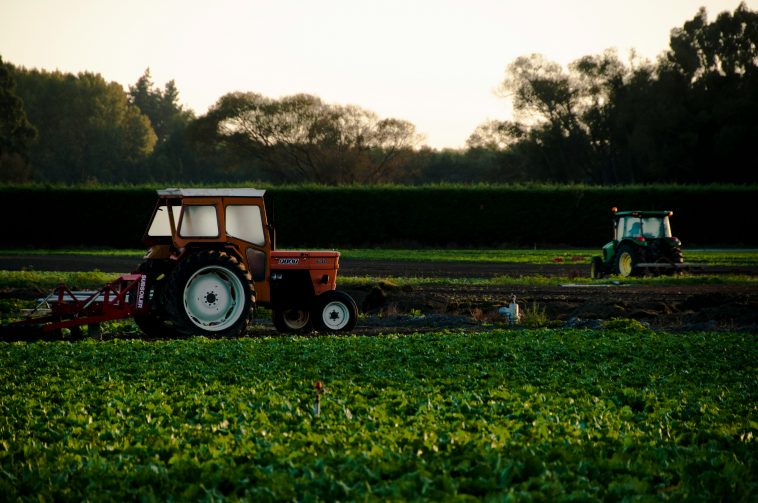Agricultural startups can gain empowerment through the synergy of Agritech solutions and digital marketing. With rising literacy rates in rural areas and advancing infrastructure, young farmers and agri-processors collaborating with the International Trade Centre (ITC) are poised to seamlessly integrate innovative technological solutions into their ventures.
Under the Netherlands Trust Fund V (NTF V) program, ITC’s Alliances for Action has forged a partnership with Bopinc, a firm dedicated to developing tech solutions for businesses. They aim to bridge the gap between small agribusinesses and the tech sector. Their collaborative efforts are concentrated on assisting small and medium-sized processors involved in cocoa production in Ghana, coffee cultivation in Ethiopia, and processing cashews and other crops in Senegal.
The overarching objective is to scale up these operations, fostering improved profitability, enhanced incomes, and creating more job opportunities by promoting the in-country processing of local crops.
The activities center around conducting market research, fostering product development, implementing sustainable processing and packaging methods, orchestrating marketing efforts, and establishing specific commercial connections. To adopt a comprehensive approach, technology tools and platforms are seamlessly integrated into the business’s core operations.
Preparing small businesses for the upcoming EU Corporate Sustainable Due Diligence Directive (CS3D) involves enhancing data collection precision, increasing transparency, and refining traceability. Agritech pilots are currently in progress, leveraging a tested methodology and participatory approach. Bopinc, rooted in this methodology, evaluated the digital requirements of businesses in Ghana, Ethiopia, and Senegal. Their findings indicate businesses need to embrace digitalization, specifically through enterprise resource planning (ERP) systems. This adoption facilitates heightened transparency and traceability in operations, aligning with regulatory standards like the EU CS3D directive.
Senegal’s Zena, a cashew nut processor, has embraced tailored tech solutions to enhance the competitiveness and market reach of their ‘Made in Senegal’ operations. These operations target local consumers who increasingly prefer homegrown products, a trend gaining momentum in Dakar.
In Ghana, the initiative involves partnering with the Fair Trade-certified Kuapa Kokoo Cooperative Cocoa Farmers and Marketing Union Limited (KKFU). This collaboration signals a new era of digitalization and technological advancements, holding promising prospects for KKFU’s 100,000 cocoa farmers.
Meanwhile, an ongoing pilot project in Ethiopia is dedicated to implementing an automated system for tracking coffee production and boosting efficiency within the Bench Maji Coffee Farmers’ Cooperative Union. This union comprises 21,000 farmer members and is poised to benefit from technological advancements.
In Ethiopia, a second pilot is underway, aligning the Oromia Coffee Farmers’ Cooperative Union with tech firm AgUnity to craft co-op manager systems tailored for EU legislative compliance. The GPS locations of 3,000 farmers across four primary cooperatives have been logged, a pivotal measure to adhere to the EU’s deforestation-free product regulations. Additionally, businesses will gain entry to a digital tools directory originating in Ethiopia, marking a pioneering effort by ITC with intentions to extend this model to other nations.
The pilots are designed for long-term sustainability, with co-funding from beneficiaries. They contribute to capacity building in business service organizations, facilitating the transfer of knowledge and tools at the national level to support the digital transformation of the agribusiness sector.





